
Celine Dion has a Warning about AI Generated Music
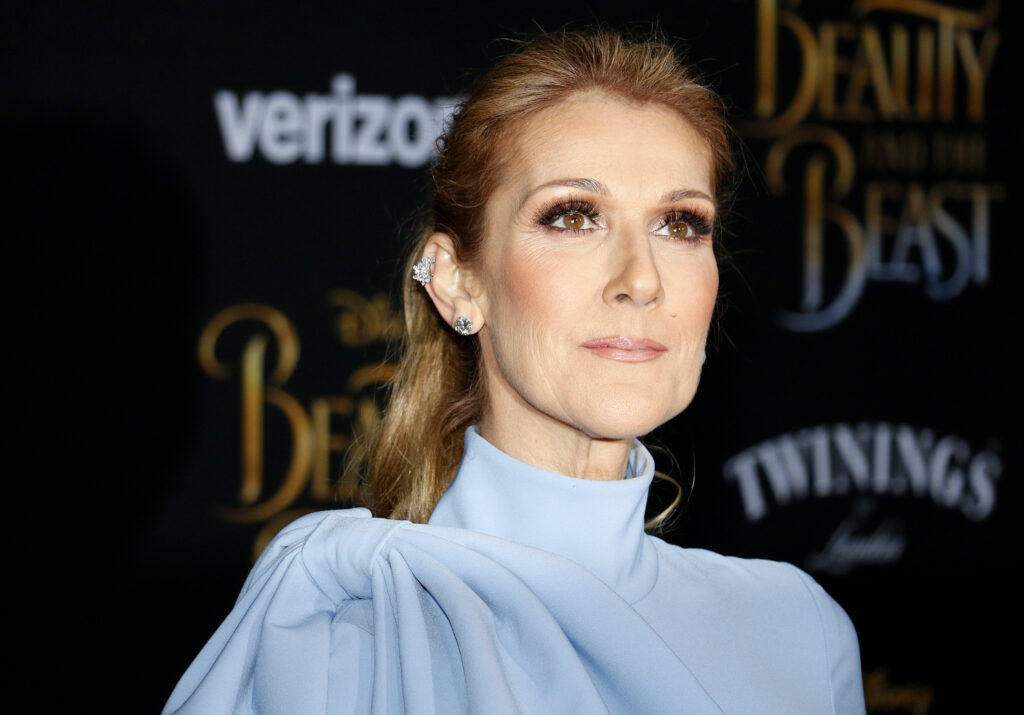
Celine Dion, the renowned Canadian songstress, has recently issued a public concern over artificial intelligence (AI) technology being used to generate music that falsely claims her involvement. The issue initially surfaced when Dion's team took to social media, warning fans about AI-generated tracks allegedly featuring her voice and likeness. These recordings, which are circulating across various digital platforms, are completely unauthorized, fake, and not part of Dion's official discography as her team has clarified in multiple statements.
This situation brings to light the growing challenges artists face with AI technology in the music industry. AI has rapidly evolved, allowing developers to create software capable of mimicking an artist’s voice and style without consent. Dion's statement cautions fans against these “fake and not approved” recordings, stressing that such content does not belong to her repertoire. These AI-generated tracks do not represent Dion’s musical artistry, and she wants fans to stay aware of this trend and identify it for what it genuinely is — unauthorized reproductions.
The music industry, in general, is grappling with the implications of AI's capabilities, which pose ethical and legal questions. Many artists claim the use of AI-generated content without artist approval undermines the creative rights of musicians and can potentially diminish the value of their authentic work. Notably, artists like Jon Bon Jovi, Billie Eilish, and Peter Frampton have joined forces to protest against AI exploitation, supporting an open letter calling for stricter regulations. This sentiment was further echoed by a collective action taken by over 1,000 artists who released a silent album in opposition to proposed UK laws that could allow AI companies to exploit copyrighted content.
Moreover, the impact of AI technology is not confined to Dion. Numerous artists, including The Weeknd, Shawn Mendes, and Drake, have encountered similar situations where their voices have been digitally replicated. A notable instance was when an AI-produced song featuring Drake's and The Weeknd's impersonated vocals went viral before streaming platforms intervened. These incidents highlight the ongoing battle within the creative arts sector to safeguard their intellectual property against unauthorized AI use.
Despite the challenges AI presents, there is a debate within the industry about its potential as a tool for innovation rather than just a risk. Some artists have embraced AI for its ability to enhance and explore new creative avenues, provided it is used ethically and with proper consent. Notably, artists like Drake have experimented with AI to produce novel collaborations, although even these attempts have met with pushback from artists' estates over unauthorized usage.
A crucial step moving forward involves establishing robust guidelines to manage AI's use in the creative industry. This includes forming clear licensing frameworks, ensuring artists' rights are maintained, and fostering consent-based innovation. Industry leaders argue that AI's inclusion should not come at the cost of devaluing human creativity but instead should complement genuine artistic expression.
As Dion continues to navigate her music career amidst health challenges, particularly her battle with stiff person syndrome, she is determined to preserve the integrity of her work. Her recent performance at the Paris Olympics symbolized her enduring spirit and dedication to her craft. Fans and industry colleagues alike stand in support as she challenges the misuse of technology that threatens the authenticity of her musical legacy.
While the proliferation of AI-generated content underscores the urgent need for regulatory adjustments in the digital era, it is equally important for the music industry and technologists to collaborate. Together, they can chart ethical pathways that enhance technological advances while preserving the value and mechanics of human artistry. Dion’s call to action serves as a reminder of the ongoing evolution within music, urging stakeholders to remain vigilant and proactive in protecting creative rights and fostering innovation responsibly.
Key Takeaways
-
www.billboard.com | Céline Dion has warned her fans against unsanctioned AI-generated music that falsely uses her voice and image.
-
www.today.com | The fake AI-generated songs are being mistakenly attributed to Céline Dion across various digital platforms.
-
www.latimes.com | Céline Dion’s management team has not specified any titles of the fake songs, indicating the extent of the issue remains unclear.
-
www.billboard.com | A specific case mentioned involves an AI-generated cover of the gospel song 'Heal Me Lord,' falsely credited to Céline Dion, which has circulated widely online.
-
www.today.com | Céline Dion's battle with stiff person syndrome has significantly affected her career, leading to long breaks from music production and touring.













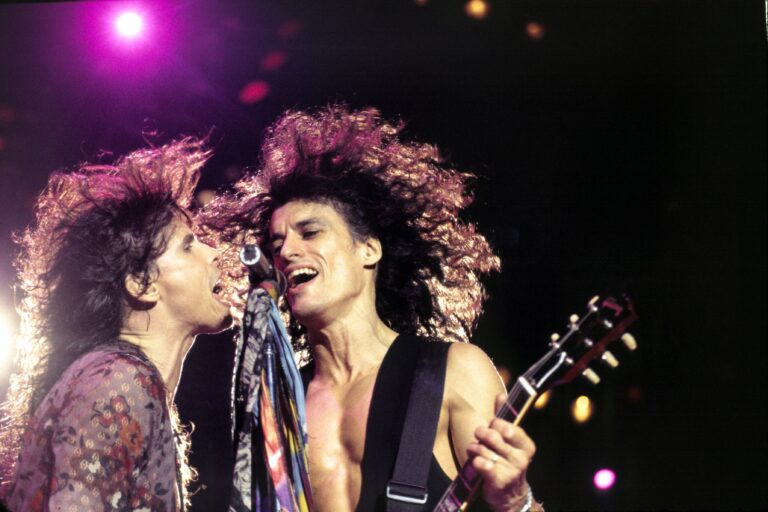
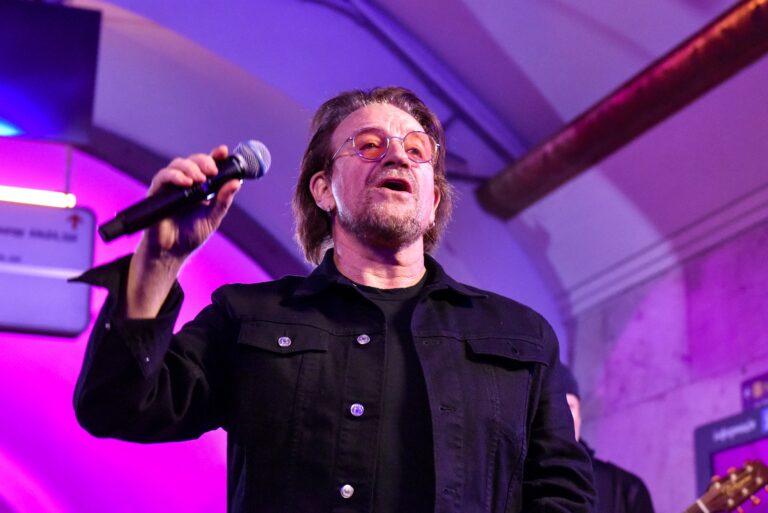
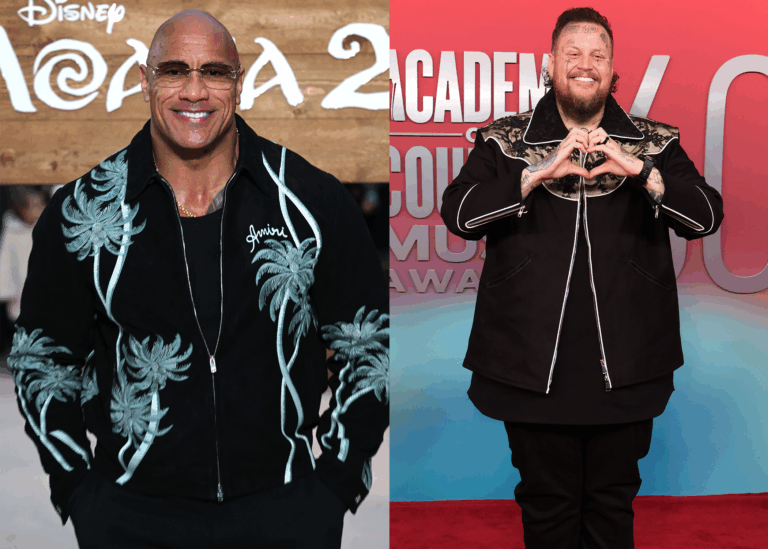
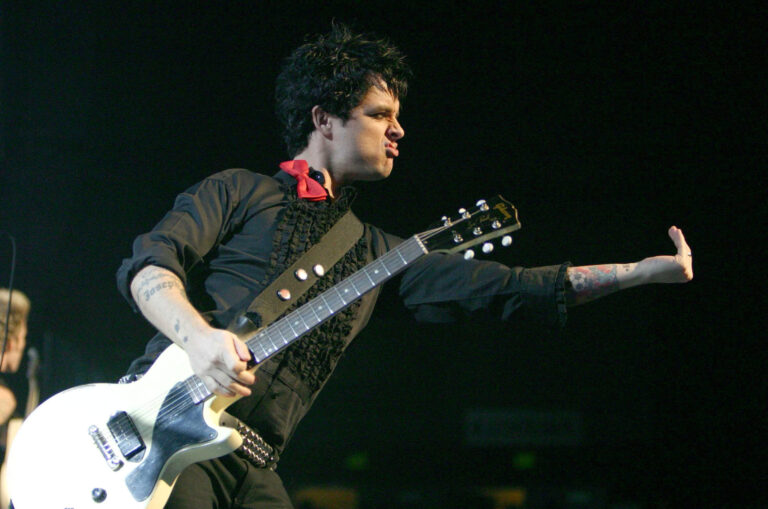
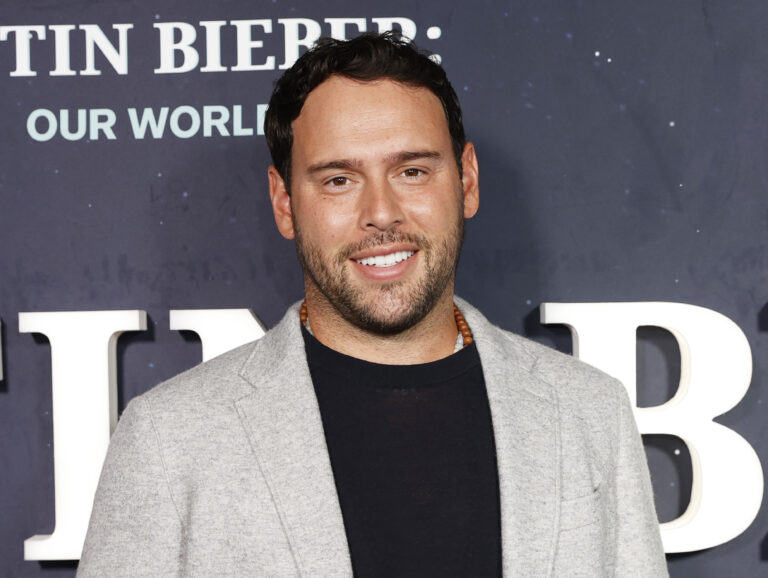
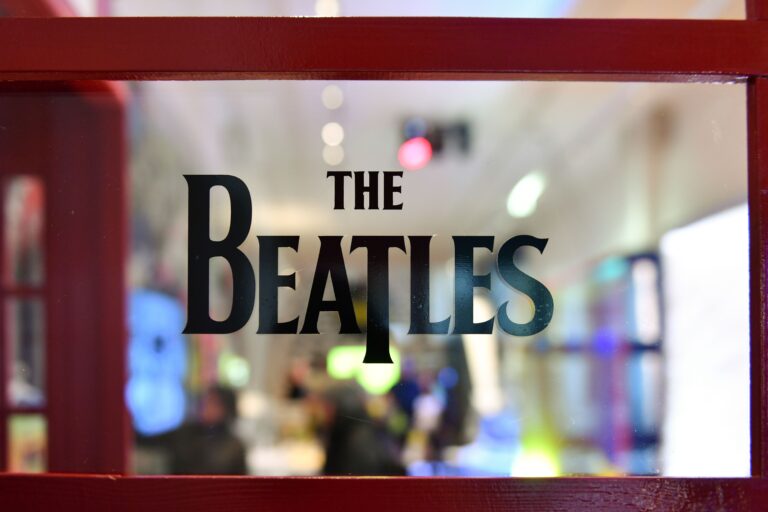
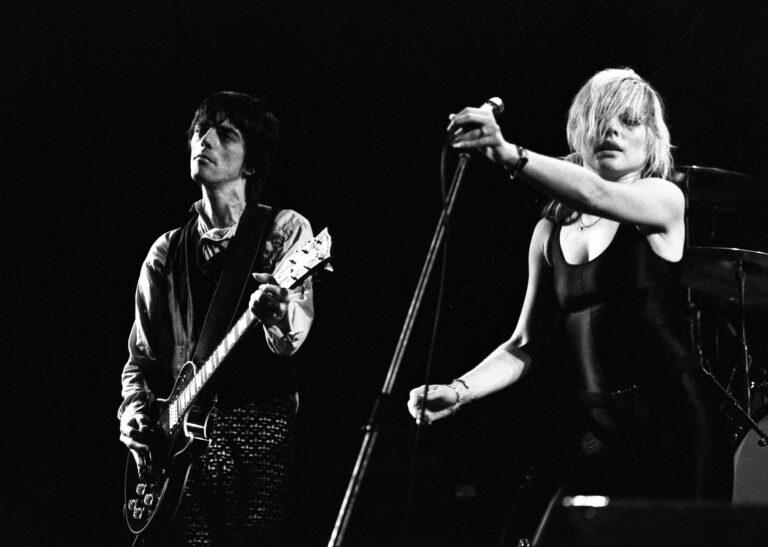
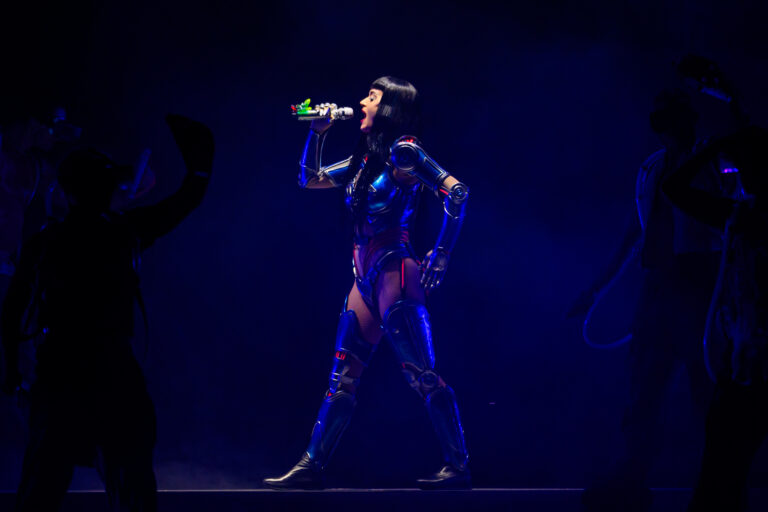
Plush & Disturbed’s David Draiman Collab on New Song ‘Why’
Rock band PLUSH has recently thrown themselves into the spotlight with the release of the music video for their latest…